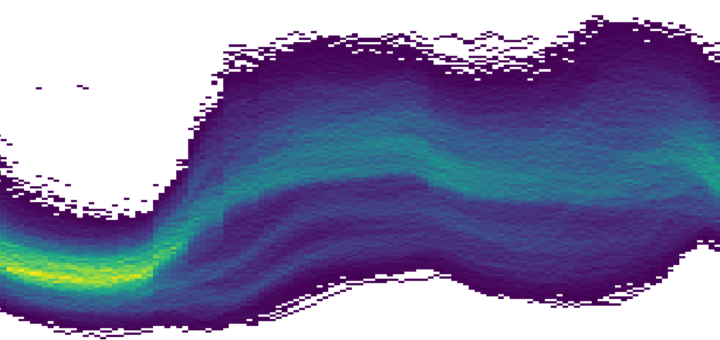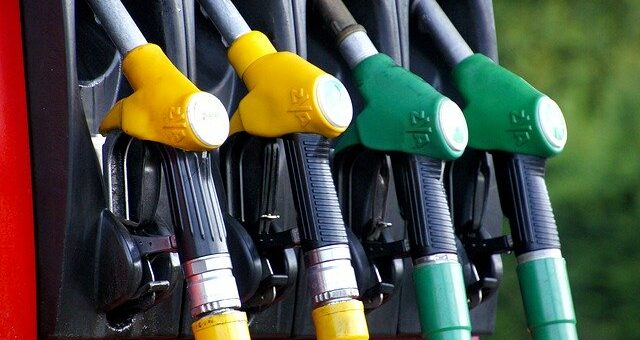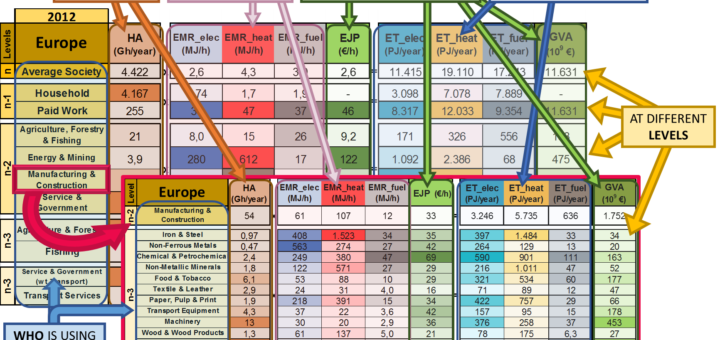A recent paper in the journal Energy Research & Social Science by MAGIC researchers Ansel Renner and Mario Giampietro (Universitat Autonoma de Barcelona) presents a novel approach to the responsible use of […]
MAGIC

 MAGIC’s objective is to open the path towards a new way of managing the Nexus in which researchers and decision makers work together in the search for development strategies that can contribute to the smart, sustainable and inclusive economic growth required by the EU 2020 Strategy, while maintaining a leading and informed participation in international discussions about global issues, like climate change or food security.
In order to do so, MAGIC deploys a set of novel, cutting-edge and system-oriented approaches that originates from system ecology, bio-economics and Science and Technology Studies. Their combination allows MAGIC to highlights if a certain mix of EU policies results in undesirable or unforeseen outcomes. Climate, water, land energy, and food modeling are integrated into a socio- and bio-economics framework using an iterative and participatory method.
Significant care is taken to embed these ideas and approaches within the advisory and decision making functions of the European Commission.
MAGIC’s objective is to open the path towards a new way of managing the Nexus in which researchers and decision makers work together in the search for development strategies that can contribute to the smart, sustainable and inclusive economic growth required by the EU 2020 Strategy, while maintaining a leading and informed participation in international discussions about global issues, like climate change or food security.
In order to do so, MAGIC deploys a set of novel, cutting-edge and system-oriented approaches that originates from system ecology, bio-economics and Science and Technology Studies. Their combination allows MAGIC to highlights if a certain mix of EU policies results in undesirable or unforeseen outcomes. Climate, water, land energy, and food modeling are integrated into a socio- and bio-economics framework using an iterative and participatory method.
Significant care is taken to embed these ideas and approaches within the advisory and decision making functions of the European Commission.
Project details
- Project title: “Moving Towards Adaptive Governance in Complexity: Informing Nexus Security” (MAGIC)
- Funding scheme: European Union Horizon 2020 Programme (EU H2020, grant agreement no. 689669)
- Duration: 4 years (1 June 2016 – 31 May 2020)
- Project coordinator: Universitat Autònoma de Barcelona, Spain
- Project website: www.magic-nexus.eu
Biomass and its demand are growing for multiple uses, such as food for humans and livestock, biofuels, and biomaterials. So, the competition for the biomass itself, as well as that for the natural and socio-economic resources required for its production, is expected to worsen. The assessment of biofuels as an innovation has shown to be a complex issue and difficult to address with conventional modelling approaches for the following reasons explained in this post.
Researchers take a critical look at the use of energy efficiency indicators in energy policy and state the strategy of energy efficiency to save energy is very simple. However, efficiency is problematic to implement. Oversimplification of efficiency measurements can have a detrimental effect on the choice of energy policies. Proposed method unpacks and structures energy input and output information in a meaningful and transparent way by generating a rich multi-level and multi-dimensional information space.
This post discusses the decarbonisation of the European Union (EU) from a biophysical perspective when analysing a shift to renewable energy. A complete decarbonisation of the economy is “feasible and viable” by the EU, and the main hurdles to decarbonisation are framed as financial. The H2020 MAGIC project modelled two pathways for the decarbonisation of the EU’s power sector to 2050, the first with high curtailment and the second with high storage.




